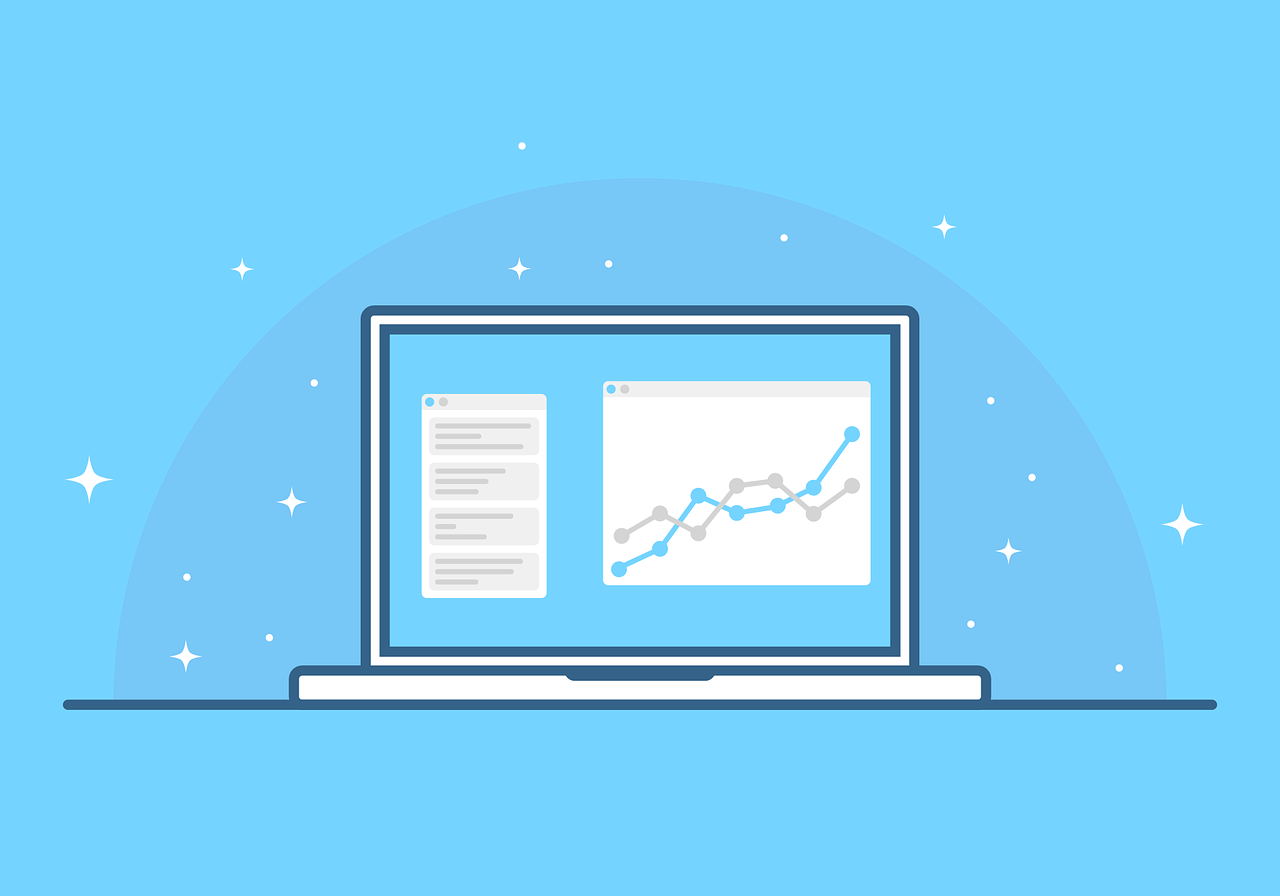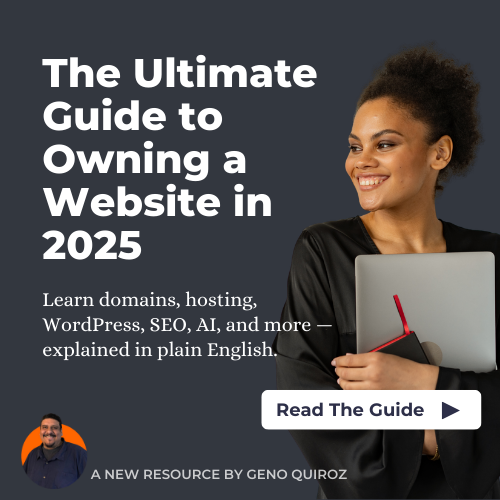Even if you’re new to SEO, I’m sure you’ve heard of backlinks. There is no definition of SEO that doesn’t include backlinks and vice versa. This happens for a simple reason – SEO and link building are a match made in heaven.
What makes backlinks crucial for SEO is the fact that they’re one of Google’s most significant ranking factor. Apart from determining how high you will rank, they also impact your organic traffic, your online visibility, brand awareness, and industry authority.
Here is why you should invest in link building (and how to do so).
Maximizing Your Visibility In The SERPs
One of the most important reasons why you need backlinks lies in the fact that this is how you increase your online exposure. Most importantly, that’s how Google’s crawlers will find, crawl, and index new pages on your site.
Namely, it takes 4-6 months for your SEO strategy to start working. Google takes time to find and index your pages. That’s where backlinks shine. They’re an internet navigation tool that makes your new website pages easier to find. Logically, this will result in faster indexing, meaning that you will get an opportunity to rank in the SERPs faster.
Determining How Google Sees You
With the growing number of sites linking back to you, your backlink portfolio will expand and your online exposure will grow. Still, you need to mind the quality of your backlinks, not only their quantity. Let’s say you’re building links in the fintech industry. If you have a solid backlink portfolio with lots of backlinks from other authoritative websites and blogs in the same niche, Google will assume that you’re a valuable and credible online resource and rank you higher.
On the other hand, if you were to fill your backlink portfolio with the backlinks from fashion blogs and gambling sites, your SEO efforts may suffer. This way, you’re targeting the wrong audience. Even if you drive traffic to your website, it will probably result in high bounce rates and low conversions and engagement rates. Google will consider your backlinks and landing pages irrelevant and spammy, which may hurt your rankings and online authority.
Telling Google How Reliable You Are
No matter how smart it gets, Google isn’t a human being. It uses a bunch of algorithms and machine learning mechanisms to test your online reputation and rank you. It pays special attention to backlinks and their quality. Namely, Google has a clear goal – to provide its searchers with relevant, popular, and credible online resources. Logically, it will trust your website more if it has links from reputable sites in your niche.
Therefore, you should first focus on the quality of sites you’re building backlinks from. For example, observe their rankings, spam score (aim for the one lower than 3), page authority (aim for more than 30), and domain authority (aim for 40 and higher)
Search engines also observe the link between your anchor text on the website and your landing page to understand the context and determine the relevancy of your page. Therefore, instead of using spammy keywords, focus on the quality of your content and use conversational and long-tail keywords that make more sense. Also, instead of linking back to your home page or product pages only, you can link to your blog content. This could be a recent article, infographic, how-to guide, case study – any kind of content that delivers value to your audience and entices them to click on your link.
Boosting Social Engagement
When building your online presence, just having a website is not enough. To build closer relationships with your audience and get yourself noticed by wider customer groups, you need to be active on social networks, as well. This is where link building can help.
Let’s take guest blogging as an example. When contributing to a popular website in your niche, you will get lots of free promotion from a blogger on social networks. When the article is live, they will promote it on their social channels and groups. They will use relevant hashtags and mentions that will make your new piece of content easier to discover. As they have an extensive follower base, for you, this means boosting brand awareness and gaining lots of free traffic, links, and social shares.
Increasing your Organic Traffic
One of the easiest ways to increase your organic traffic is to start building backlinks. No matter if it’s a guest blog post, a link from the directory listing, or a social media link, relevant backlinks increase your reach.
These people will want to click on your site to learn more about you. And, if they find your site relevant, those visitors will spend more time on it, move from one page to another, share your content, return to it, and eventually, turn into leads and sales. These are all important factors telling Google that you’re a relevant online resource that deserves high rankings.
Over to You
No SEO strategy is successful without link building. It gives you the opportunity to rank high, attract relevant traffic, grow your online authority, and maximize your brand awareness. However, remember that the approach to link building is constantly getting changed, as search engines become more sophisticated. Instead of building tons of low-quality backlinks on suspicious sites, focus on keeping your backlinks profile packed with quality, relevant, and authoritative websites in your niche.
How does link building impact your SEO efforts?
My name is Raul, editor in chief at Technivorz blog. I have a lot to say about innovations in all aspects of digital technology and online marketing. You can reach me out on Twitter.





